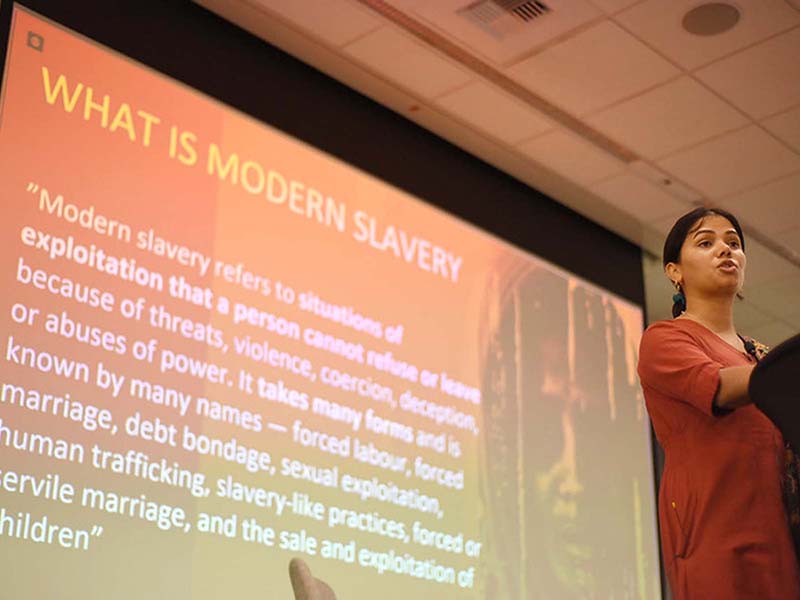
Authors
-
Cecilia Müller Torbrand
Former Director, BSR
Twenty years ago, researchers and experts were relatively oblivious to issues of bad governance and corruption, but today, the link between the quality of government institutions that implement policies controlling corruption and economic development is clear. However, in many parts of the world, corruption is still one of the biggest obstacles to social and economic development. As the international community’s focus on corruption has increased, the following question has been increasingly asked: Are we winning or losing the battle?
First, fighting corruption may mean different things to different people and is unquestionably driven by different factors. In a company, the focus for a compliance officer or the head of the legal department is on legal risks; i.e., if a company engages in corrupt behavior, this may lead to massive investigations, potential prosecution, high fines, and senior management liability. For others, tackling corruption leads to a better and safer work environment, reduces operational costs, and avoids delays.
In the long-term perspective, being a clean company makes it easier to do business.
However, regardless of what the argument is internally, questions from front-line employees working in locations prone to corruption will be: “What are our competitors doing about it? If we say no and everyone else says yes, how can we eliminate it? What are governments doing about it? We can’t change the world alone!” As a compliance officer, you may have heard this input during compliance training sessions.
Arguments like these are hard to answer and are one of the reasons why the Maritime Anti-Corruption Network (MACN) was created in 2011.
MACN now has 128 members, and our collective voice is strong when engaging in dialogue with governments. Within the network, members can discuss challenges and solutions to tackle corruption at the front line with one another. MACN’s in-country collective action programs mean that companies are not alone when saying ‘no’ to corrupt demands. In our case, the ship before you, and after, will have said ‘no’ to illegal demands. Captains and crew will be better protected by tested processes and procedures and by weight of numbers.
In answering the above questions, MACN members can say:
- We are working with peers and partners to address these challenges with global governments.
- We are stronger together.
- We may not change the world today but working together is a great place to start.
A few lessons from MACN that can be replicated in any industry are:
- Multi-stakeholder dialogue works. Blaming someone who is not in the room gets us nowhere. We need to create and foster dialogues and forums where the public and private sector can come together, where issues can be addressed, and where we move away from general statements about corruption and work on realistic outcomes.
- A sector-specific approach. Addressing issues unique to the sector helps with internal arguments so that front-line staff do not feel alone. They feel supported by a wider external argument of building a strong industry voice in combination with governments and other stakeholders.
- Identify drivers to improve the operating environment. When approaching governments, MACN’s argument is not to address corruption, but to support governments with experience and insights from our member base to reduce trade obstacles. This links the challenges to the government’s own priorities, which, in our case, focus on international seaborne trade.
- It is not a blame game. One of MACN’s key pillars is to support efforts and raise the bar within our own industry. This approach helps governments understand that it is not only about them. It is important we articulate that there is both a supply and demand side to this issue that need to be addressed, and it requires efforts on both sides to fight corruption.
In order to cure the cancer that is corruption, we must identify the challenges and discuss practical solutions that can implemented now—and not tomorrow. We must find ways to bring different stakeholders to the table, engage with industry peers to create a level playing field, and implement solutions on the ground.
BSR’s latest sustainability insights and events straight to your inbox.
Topics
Let’s talk about how BSR can help you to transform your business and achieve your sustainability goals.







